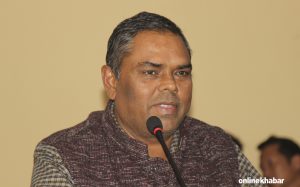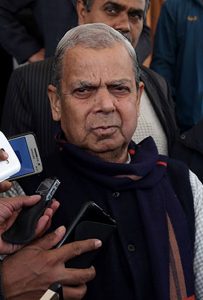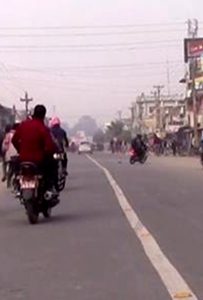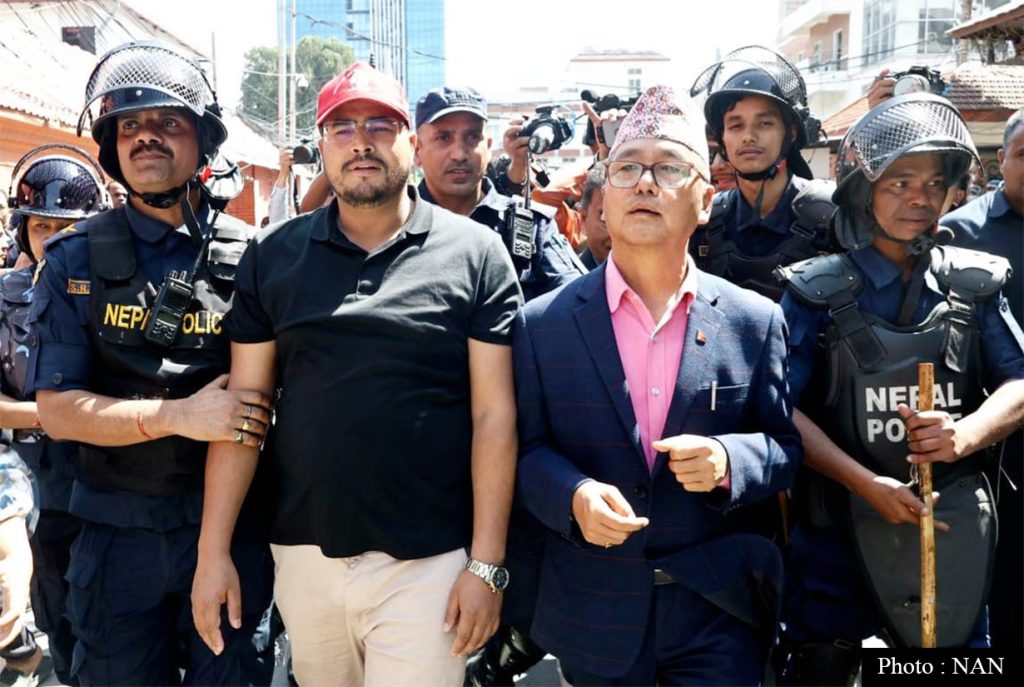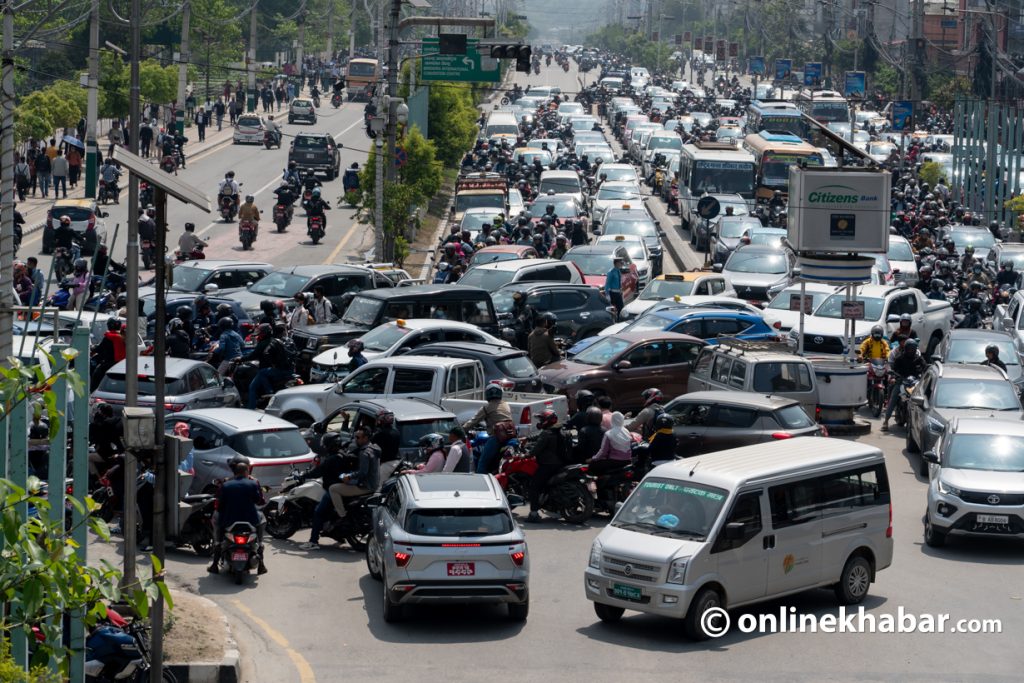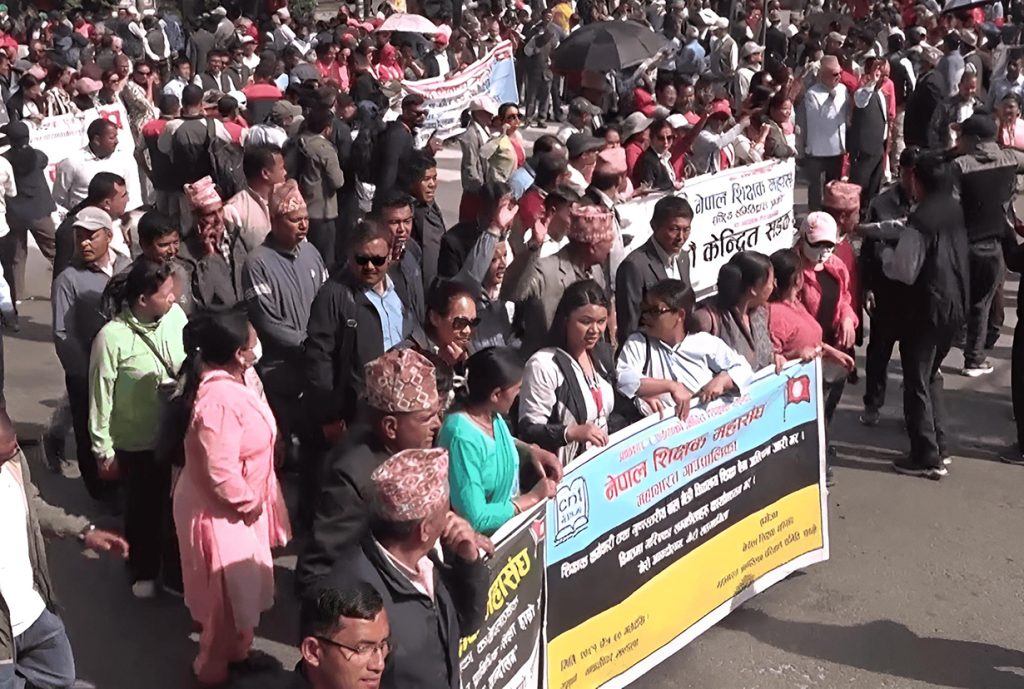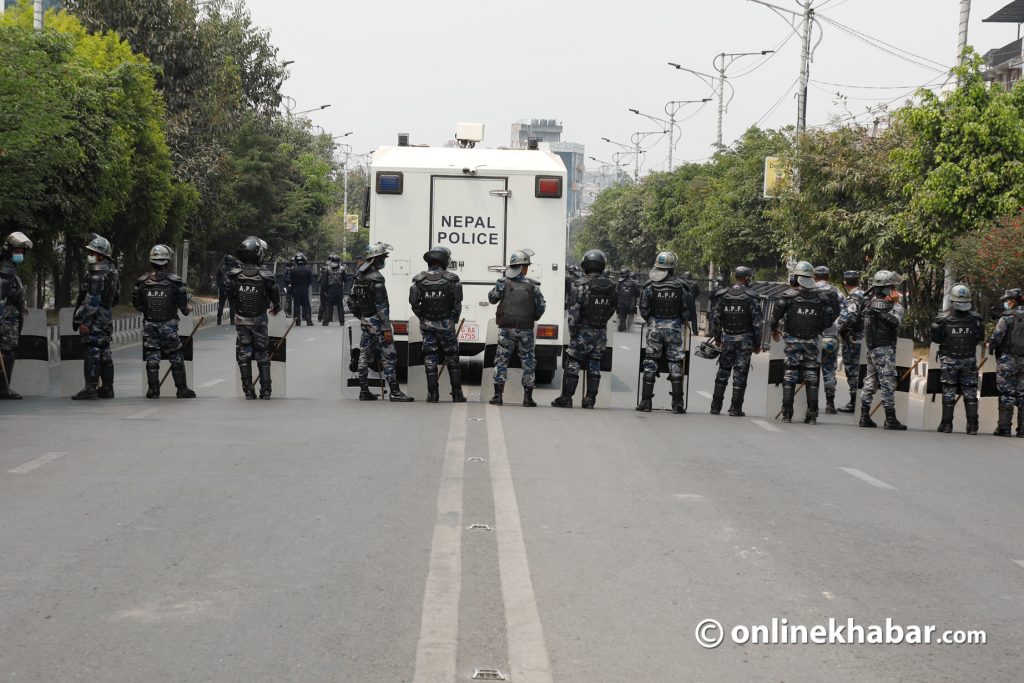Kathmandu, January 26
The fast-track process, meant to import medicines swiftly in view of a shortage resulting from the Indian blockade and the Madhesh movement, is on slow lane.
Through this process, the KP Oli government aims to address the shortage of medicines and medical supplies in village-based government health centres for three months. Because of the blockade, 300 trucks carrying medicines remain stuck in Birgunj. With the blockade obstructing the arrival of medicines and medical supplies, the Ministry of Health had brought in some medicines via air. Some donor agencies are also helping the ministry address this shortage. The World Health Organisation is also providing drugs and so are other non-government organisations.
 Despite inviting the tender for procurement of medicines about a month ago, the ministry has been unable to bring in the medicines. It attributes this delay to procedural hassles.
Despite inviting the tender for procurement of medicines about a month ago, the ministry has been unable to bring in the medicines. It attributes this delay to procedural hassles.
The plan is to bring 44 types of medicines through the fast-track process. We have tasked some companies with the supply of these medicines, ministry spokesperson Mahendra Shrestha told Onlinekhabar. Apparently, the process of bringing in the medicines has not begun, Shrestha said.
“We were told that medicines will arrive in 15 days. The 15 days have passed, but the drugs have not arrived. We expect the medicines to start arriving in a few days,” Shrestha said. However, Bhimsen Tinkari, director at the Health Service Directorate, said: We have yet to select all importers.
Shortage of medicines and other essentials, resulting from the Indian blockade and United Democratic Madheshi Front cadres’ sit-in along Nepal’s vital supply lifeline, Birgunj, has put lives at risk in Nepal, which has been trying to recover from the debilitating effects of the April 25 and May 12 earthquakes, which killed around 9,000 people and destroyed infrastructure worth trillions of rupees.




